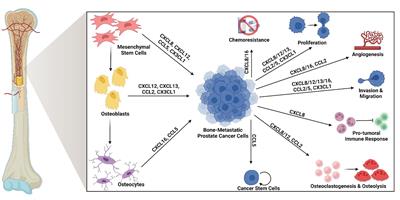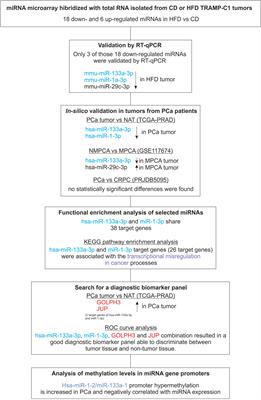EDITORIAL
Published on 20 Aug 2024
Editorial: Molecular mechanisms in lethal states of prostate cancer
doi 10.3389/fonc.2024.1475178
- 526 views
3,325
Total downloads
11k
Total views and downloads
EDITORIAL
Published on 20 Aug 2024
ORIGINAL RESEARCH
Published on 12 Sep 2023

ORIGINAL RESEARCH
Published on 30 Jun 2023

REVIEW
Published on 21 Mar 2023

ORIGINAL RESEARCH
Published on 26 Oct 2022
